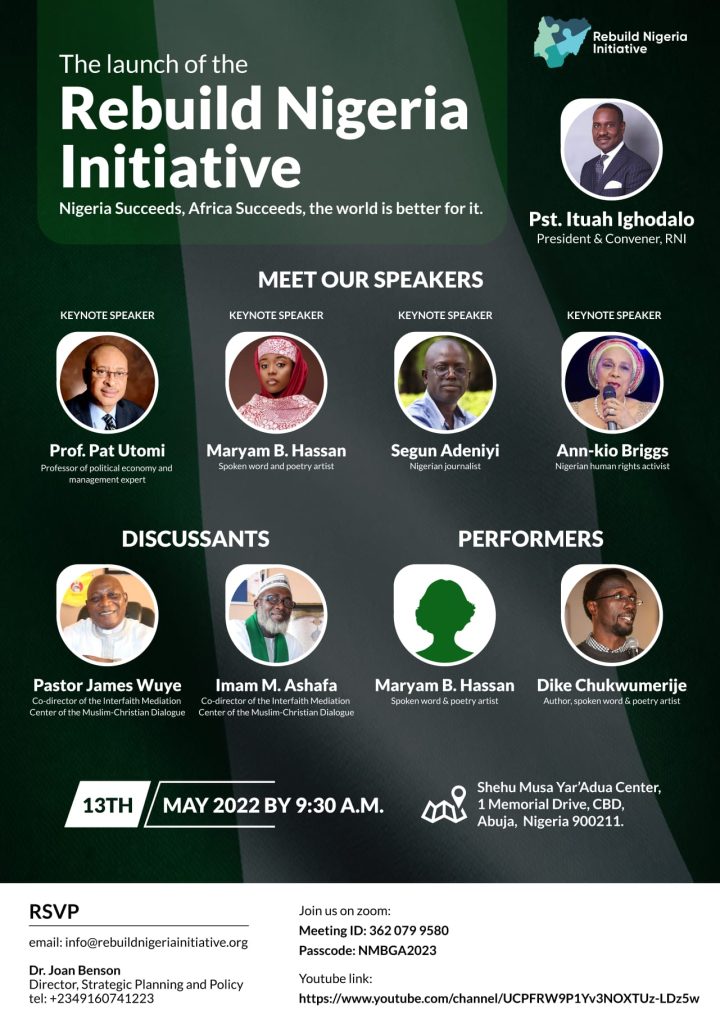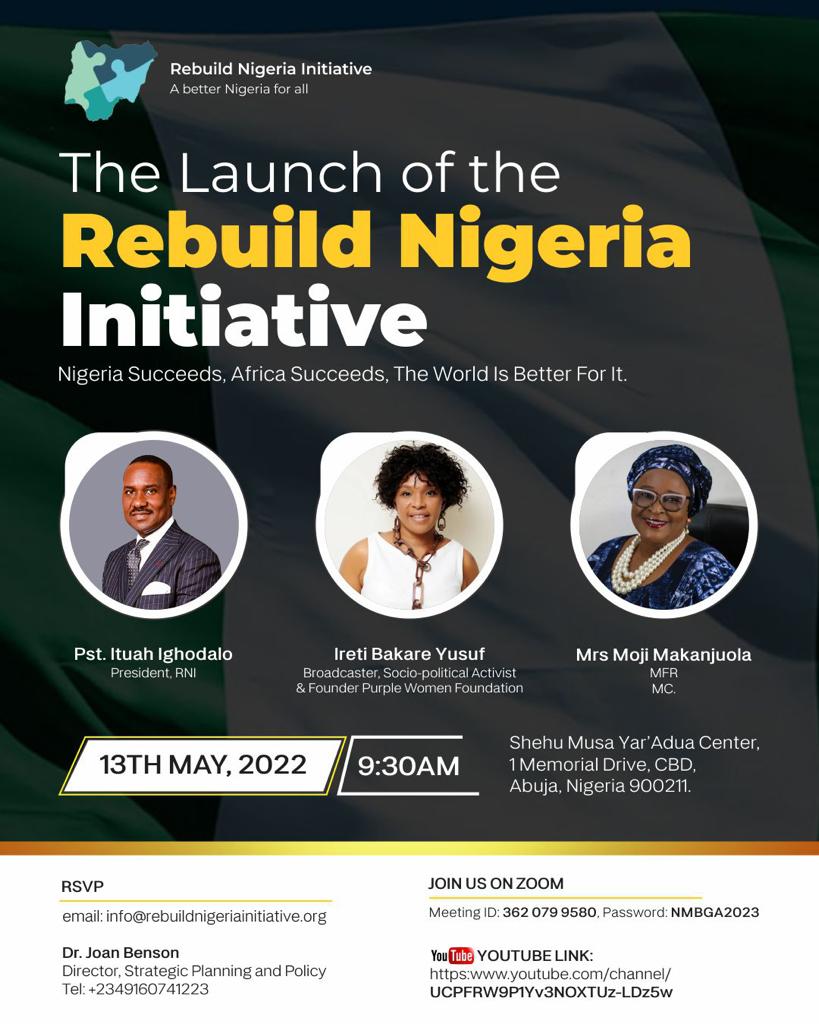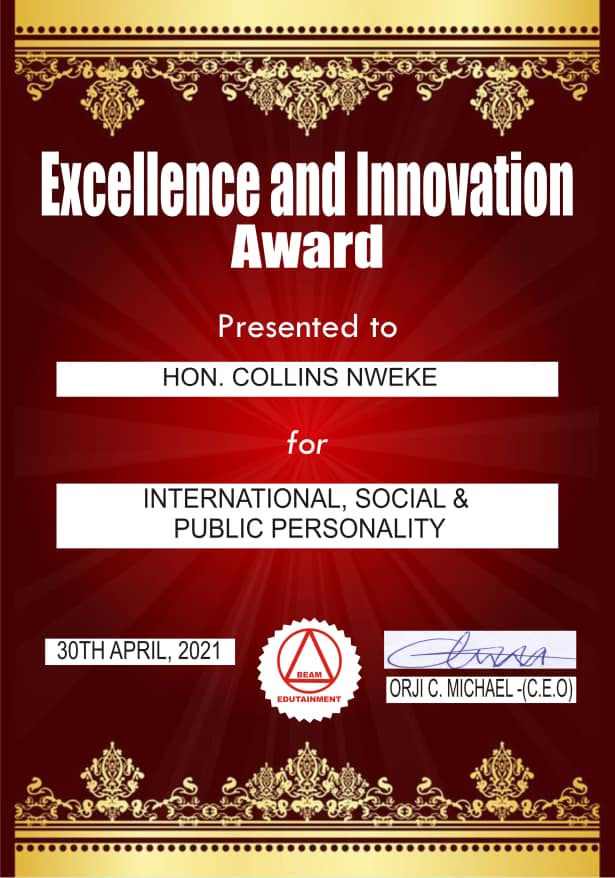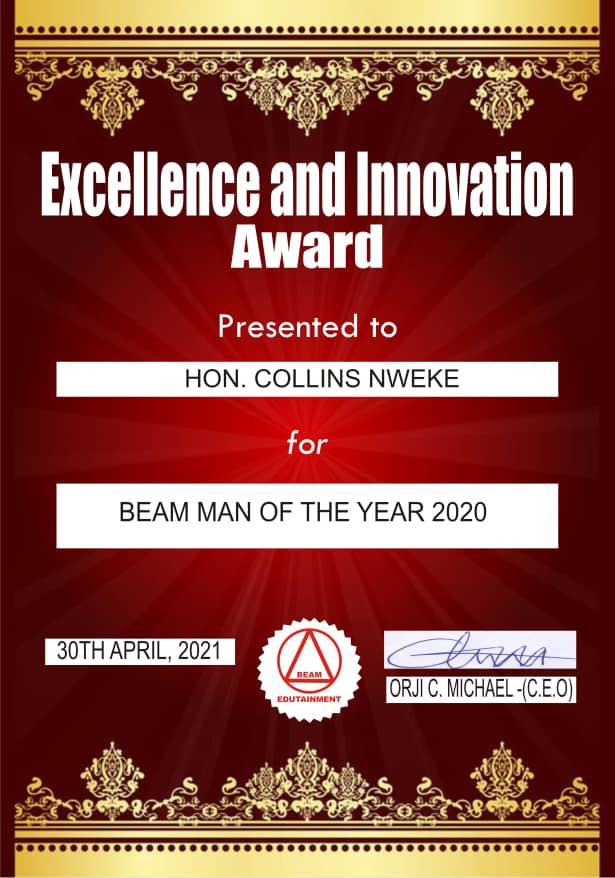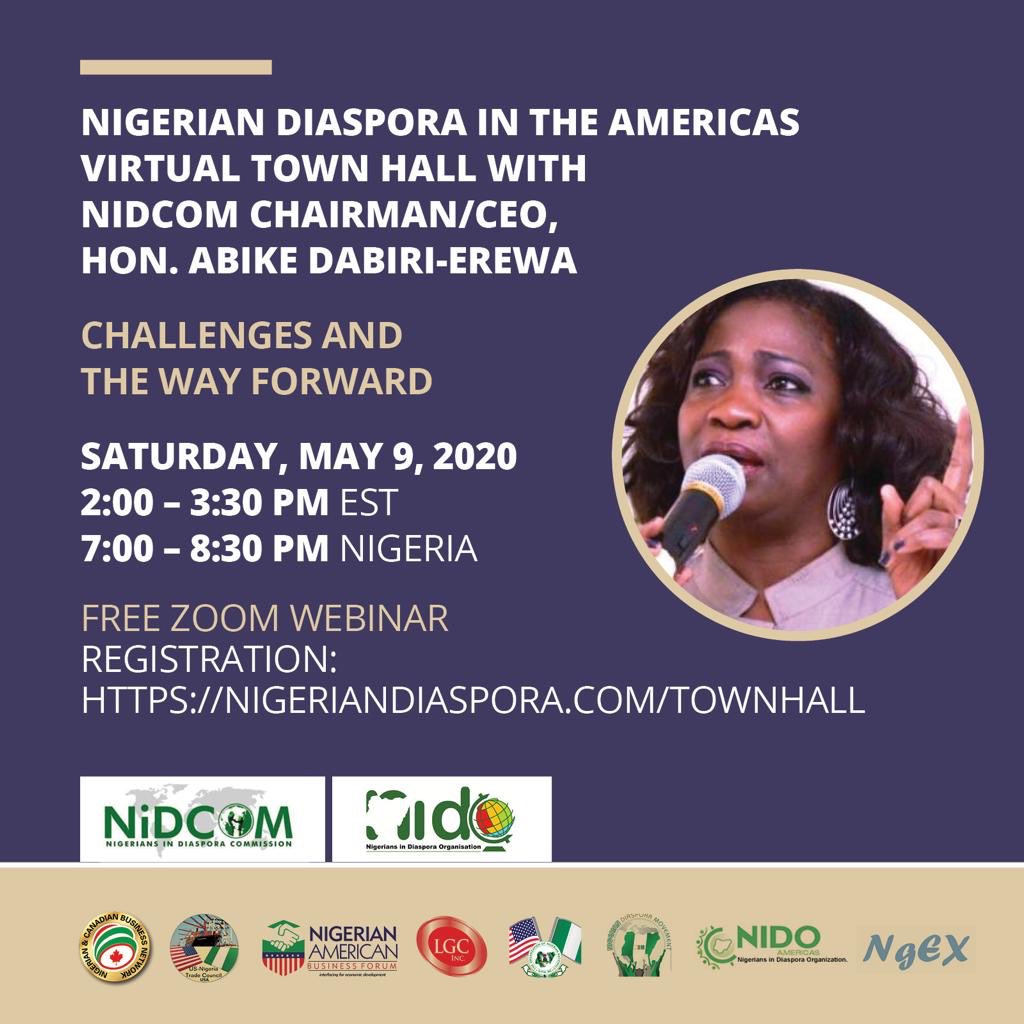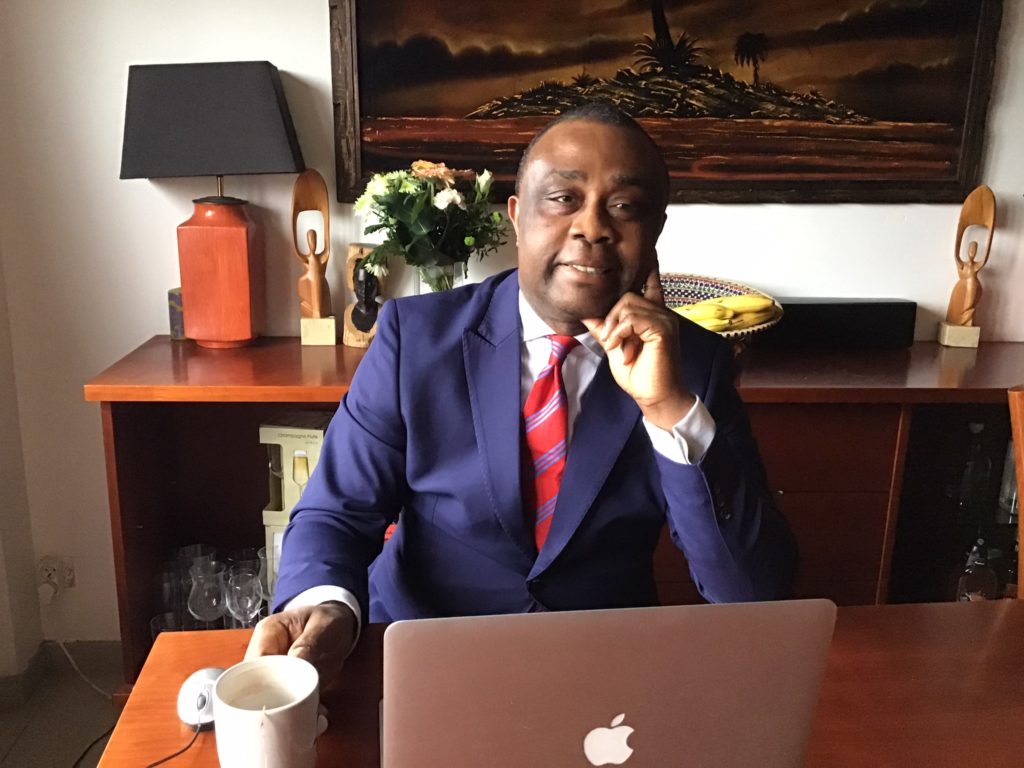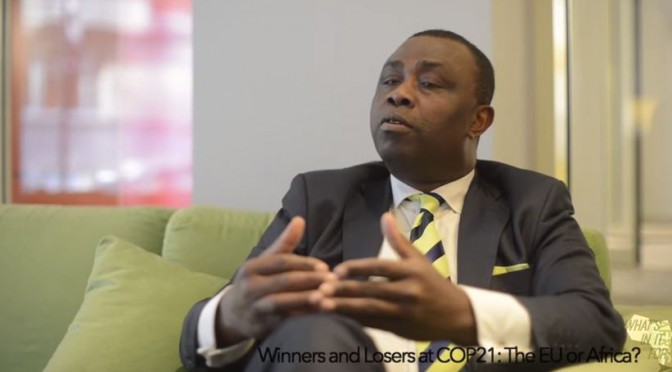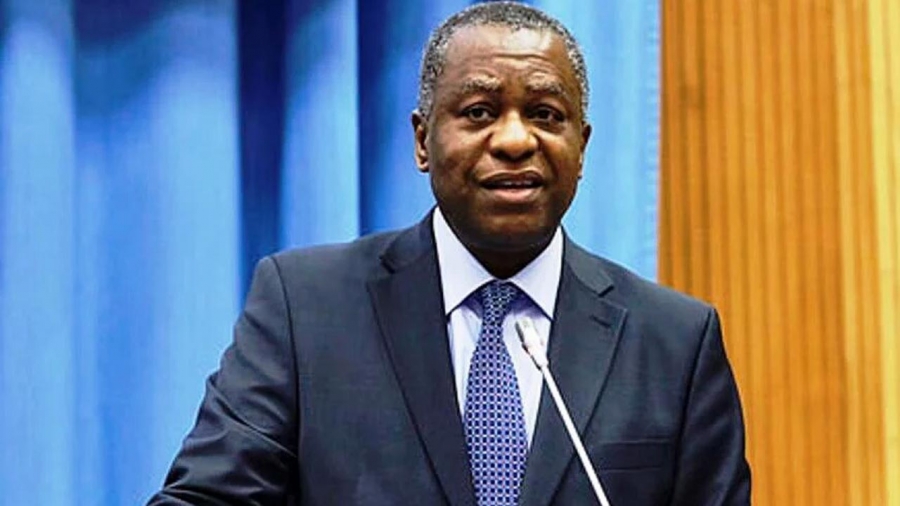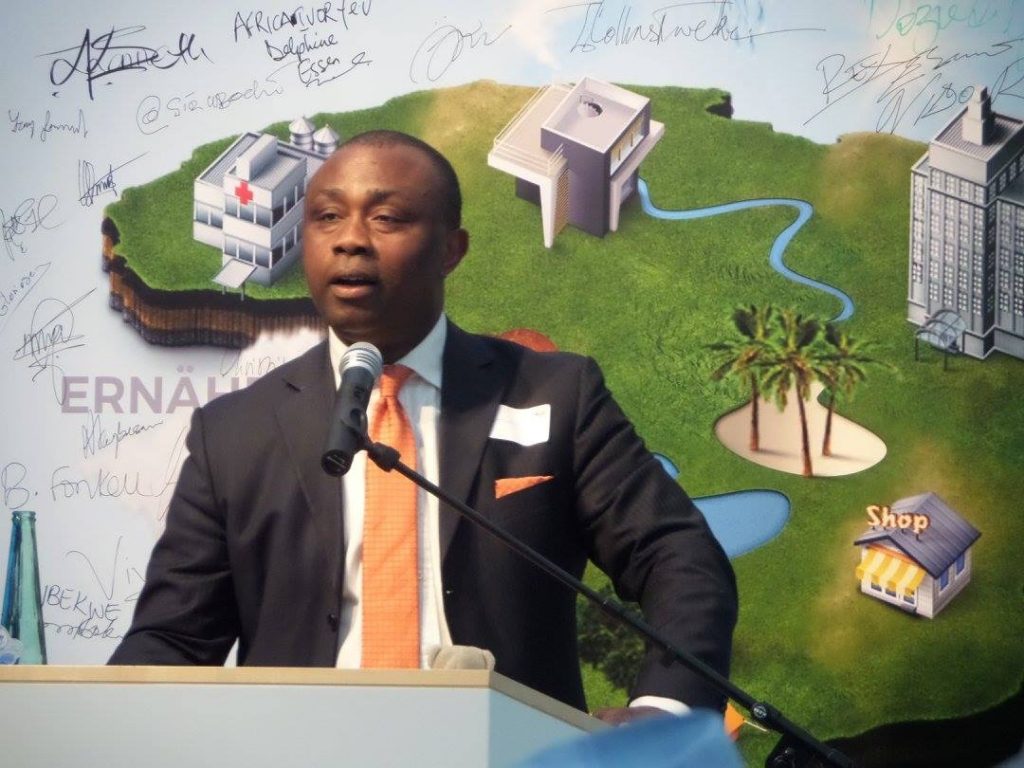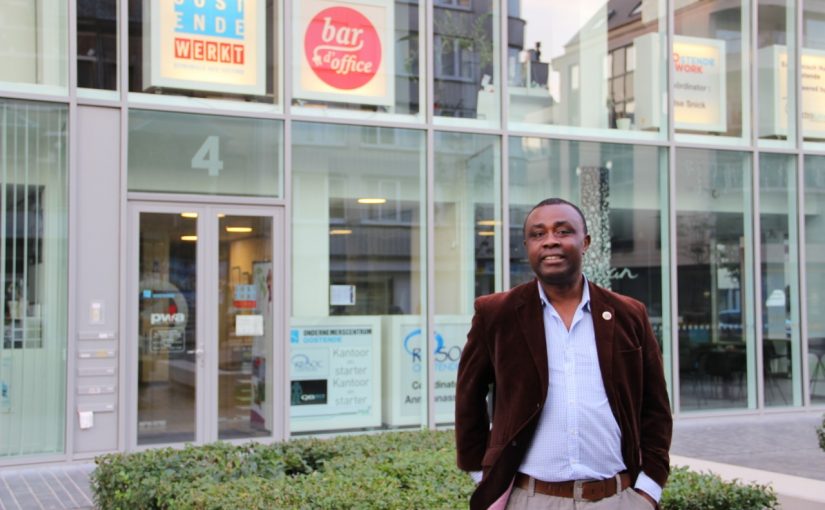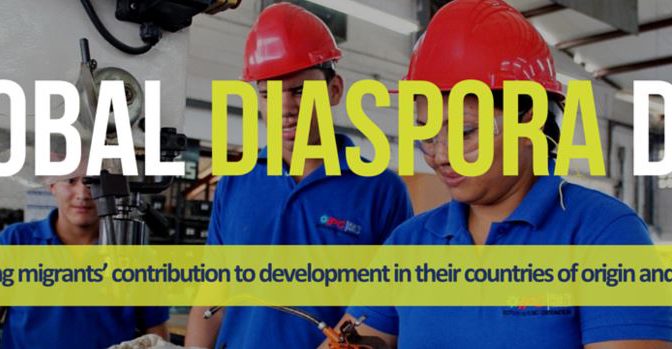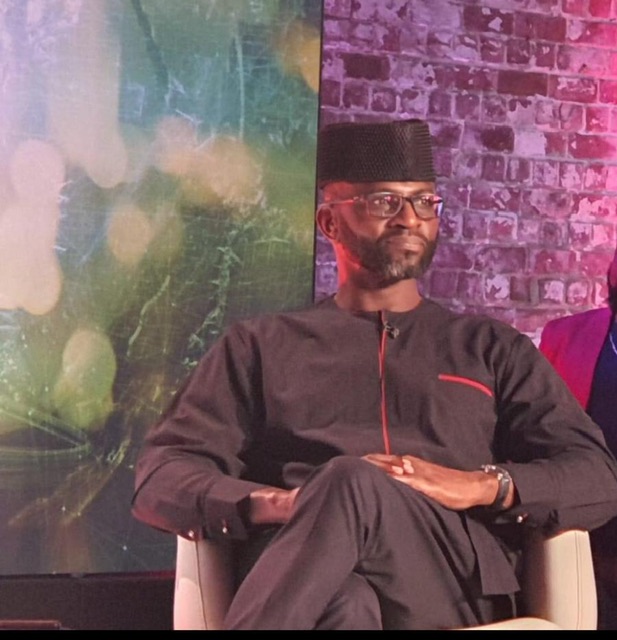
In this exposé, Nigerian-born African enthusiast, Adetunji Omotola adds his audacious voice to the cry for Africa to recognise the value that her sons and daughters bring to Africa’s growth table and purposefully mine it for the global good.
The millennium saw the emergence of Africans in diaspora as a force with which to be reckoned. Some diasporans serve in the highest levels of government and many returned to Africa,particularly in Kenya, Ghana and Nigeria. Dr Ngozi Okonjo-Iweala, the current Director General of the World Trade Organisation; Dr Akinwunmi Adesina, the current President of the African Development Bank; Wally Adeyemo, the current US Deputy Treasury Secretary, and the Nigerian Minister of Foreign Affairs, Godfrey Onyeama are some diasporans who have made it to cabinet level in Nigeria and beyond.
Nigeria leads sub-Saharan Africa in terms of diaspora remittances, with $23billion in 2019, followed by Ghana ($3billion), Kenya ($2.8billion) and South Sudan ($1.3billion). On the global remittances index Nigeria is in sixth place, with India in the lead ($79billion), China in second place ($67billion), Mexico third ($36billion), Philippines fourth ($34 billion) and Egypt fifth ($29billion). Despite these positive contributions by diaspora, there is a sense that that diasporansfeel extremely marginalized and unjustly treated. Nigerian Diasporans not having a vote is a grave injustice, when other African countries, such as South Africa, Kenya, Botswana,Rwanda and seventeen other African nations practice diaspora as a matter of course.
Nigerians in diaspora remittances still does not guarantee any inclusion into the Nigerian landscape. It also seems clear that,despite having a newly formed diaspora commission, there is no determination on embarking on a census on the numbers of Nigerians abroad. Research shows that the United States, UK, Italy, Germany and Canada have the largest numbers of Nigerians, followed by South Africa, France, Ireland, China and the Netherlands. These are the top ten countries with Nigerian populations. At the top is the USA (380,785), followed by UK (190,000), Germany (56,000), Italy (71,000), Canada (51,800),France (30,000), South Africa (30,000), Ireland (17,542), China (10,000) and the Netherlands (9,453). Great difficulty exists in determining the numbers in various African countries, due to a lack of data. According to Statistics South Africa in 2015, there were 10, 334 Nigerians who had temporary residence permits,25% of which had visitor’s visas and 355 had permanent residency permits.
Despite the success of Nigerians in foreign lands, the fact that there is still disconnectedness on many levels is painful and disheartening. There is no Nigerian national policy to absorb diasporans into the broader national landscape beyond settlements and investments. There ought to be a shift in the current haphazard methods in place for diaspora inclusion. It is a travesty of gigantic proportions that many Nigerians are ignored in a manner that creates deep concern and misery. There also exists a bias by those in authority towards Nigerians in the United States, Canada and Europe. The issue of not voting is one of the most notable examples of the failure to absorb Nigerians in diaspora into the political and economic development of the country. So many flimsy excuses are given by the members of the National Assembly and INEC regarding a lack of data and costs and also who will vote and which countries will be involved. This lack of political will is like a knee on the necks of Nigerians in diaspora, who observe voting by diasporans in Rwanda, South Africa, Botswana, Kenya and eighteen other African countries.
Nigerians in diaspora are the most educated migrants in the US. Most African doctors in South Africa are Nigerians, and there iseven a Nigerian Doctors Forum in that country. A Nigerian holds the world boxing heavyweight crown and there is the NBA most valuable player, Gianni’s Antetoukoumpo. Nigerian Ngozi Chimamanda-Adichie is a superstar and there is a slew of Hollywood actors, such as Chiwetel Ejiofor and more. There is Asa and John Boyega and Bayo Ogunlesi who owns Gatwick airport and was Trump’s adviser for some time. With all these observations it is clear that Nigerians in diaspora succeed across many formations and professions.
Nigerians in diaspora will provide Africa’s upward trajectory. What is missing at this stage is the ability of planners and African leaders work with various Nigerian diaspora groupings to access bodies like the African Union, the African Development Bank, the Pan African Parliament and regional bodies to build capacity and leverage the professionalism and skillsets of Nigerians in diaspora. The best kept secret that Nigeria and Africa by extension has in term of human capital is Nigerians in diaspora. Recently, Lt. Victor Agunbiade was given an award for his extraordinary accountability. Agunbiade received the Navy and Marine Corp Development medal for successfully managing $68 million. The amount represented 70% of its overseas disbursing volume. Agunbiade who was in charge of the money while he served as disbursing officer, comptroller department, Camp Lemonier in Djibouti (Horn of Africa) from October 2019 to July 2020, achieved 100% accountability among six rigorous inspections and independent audits with zero discrepancies.
Nigerians have become notable in the USA. Dr Bennet Omalu was the first person to discover and publish on chronic traumatic encephalopathy in American footballers. (Will Smith plays him in the 2015 film Concussion). In the legal space ImeIme A. Umana is the first black woman to be elected President of the Harvard Law Review in its 131 year history. Pearlana Igbokwe is the President of Universal Television and the first woman of African descent to head a major US studio. Dr Jacqueline Nwando Olayiwola is an Associate Professor at the University of California and the author of “Papaya Head” which speaks to first generation African Americans. Jacqueline’s siblings are Okey Onyejekwe, a medical doctor, Meka Don a lawyer turned rapper and Sylvia Onyejekwe, a lawyer. Jacqueline and her brother Okey frequently undertake two mission trips to Nigeria every year.
In the Netherlands there is circular migration between Nigerians in the Netherlands and the UK. Most are employees of Royal Dutch Shell and some work for ABN Amro, Nike, Celtel, IBM and CMG. There are about 500 Nigerians with Dutch passports. In Russia there are 2100 Nigerians on Facebook.
The Nigerian diaspora population is the biggest African population, with the exception of French speaking nations. Nigerians in diaspora also contribute the highest in terms of remittances. The remittance figure of $23 billion it is almost the same size as the GDP of Africa’s bottom ten countries, Togo, Burundi, Eswatini, Sierra Leone, Liberia, Lesotho, South Sudan, Djibouti, CAR, and Gambia. Is it not ironic yet all these countries have presidents, budgets and military and they all have a say in continental African affairs? For example, each country sends five members of its national parliament to the Pan African Parliament in Midland, none of whom are diasporans, yet diaspora contributes significantly to each of these countries. South Sudan’s diaspora remittances are 36% of its GDP, while Nigeria’s are 8%.
The failure of the Nigerian government to deepen its relations with its diasporan and include them in politics and business and other sectors of the economy is probably the biggest oversight in the last three decades. The current model of meeting a few diasporans, who are handpicked by diplomats abroad, has not yielded any meaningful result in the past two decades. With the rampant corruption happening in Nigeria, it may be wise to draft diasporans who are used to living according to their means and are not desperate to buy land in Ikoyi or Maitama in a matter of months.
There is a Diaspora Commission in Nigeria and there are also committees in both houses of the National Assembly but the Diaspora Commission board is yet to be constituted and the committee members in both houses are not even known to diaspora stakeholders and their impact has not been felt in any significant manner. There is a sense that diasporans are not given the seriousness that they deserve and until major steps are taken with diasporans, Nigeria will not grow into the true economic and political giant it can and should be. One can go as far as to suggest that the diasporan ought to have slots at the National Assembly and each state house of Assembly in the same manner that women participation is desired.
The following recommendations may be considered. Firstly, all Nigerians in diaspora who are aged 18 and over should be allowed to vote by 2023. Secondly, Nigerians in diaspora need to be on a database at every high commission. The missions should see the registration as their most sacred duty. Thirdly, Nigerians abroad doing business and in professions should be encouraged to join chambers of commerce between the host countries and Nigeria. It is also important to engage in positive branding about Nigeria in the countries with big Nigerian populations. A country with 200 million people should be branding Nigeria weekly, monthly and annually. The embassies can work with the community and the media to do so. There can be no doubt that countries such as South Africa, United Arab Emirates, United States and the United Kingdom have had their fair share of Nigerian scams and fraudulent activities so it is wise to promote Nigerians who are doing very well in those countries or face stiff visa restrictions when travelling to these parts. Nigerians in diaspora are the most marginalized Nigerian group and this needs to change very quickly. No nation will reach its full potential while it ignores its most productive population.
Barrister Adetunji Omotola is the founder of the Guild of Nigerian Professionals-South Africa. He is an alumnus of the Henley Business School, Executive Speaker Programme. He is a Bloomberg Certified Financial Consultant and Founder of 12 Disciples Leaders. He is an African Media Personality and Founder of Afrospace. He blogs at www.winelawandpolitics.wordpress.com. He initially published this article under the original title : Africa in the 21st Century and the role of Nigerians in Diaspora in its trajectory

